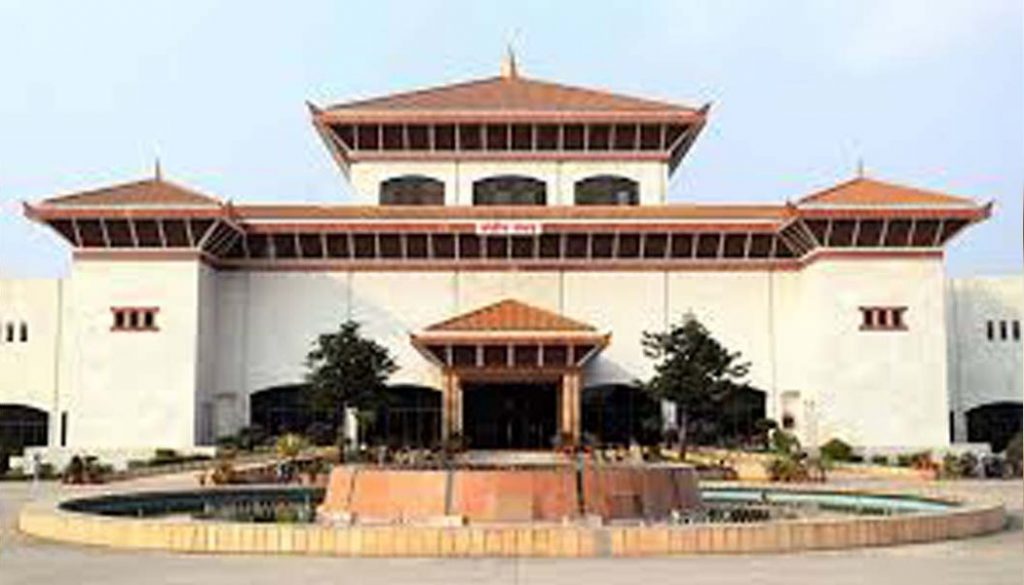Kathmandu: Nepalese lawmakers Thursday voted to elect a new President, the outcome of which could impact the stability of the government headed by Prime Minister Pushpa Kamal Dahal “Prachanda”.
Ram Chandra Poudel of the Nepali Congress and Subash Chandra Nembang of the CPN-UML vying for the top post. This is the third presidential election in Nepal since the country became a republic in 2008.
The voting started at 10 am local time at the New Baneshwar-based parliament building here and concluded at 3 pm.
The total number of voters for the election of the President is 882, consisting of 332 Members of the Parliament and 550 members of the provincial assemblies of the seven provinces.
Shaligram, the spokesperson of the Election Commission, said 518 Provincial Assembly members and 313 Members of the Federal Parliament cast their votes in the presidential election.
Poudel expressed confidence that the lawmakers will elect him.
“I am fully confident that the members of the federal parliament and provincial assemblies will vote for me. I believe that they will make the right judgment of my long struggle,” he said.
The tenure of the current president, Bidya Devi Bhandari, will end March 12.
The Election Commission will begin counting votes at 4 pm and declare the results by 7 pm.
Nepal’s Election Commission said Wednesday that all preparations for the big-ticket election have been completed.
The Presidential election is a face-off between two former speakers of the House of Representatives — Paudel, a candidate backed by the eight-party alliance led by Prime Minister Prachanda, and CPN-UML’s Nembang.
Paudel, 78, and Nembang, 69, filed their nominations last month.
Former prime minister KP Sharma-led CPN-UML, Nepal’s second largest party in Parliament withdrew its support to Prime Minister “Prachanda”-led government following a rift over backing Paudel for the presidential poll.
With the support from eight political parties, Paudel’s victory in the presidential election is almost certain.
The election of the President is held based on a weighted voting system.
The vote weightage of a federal MP is 79 whereas that of the provincial assembly member is 48. The term of office of the President will be five years from the date of election and an individual can be elected for the post for only two terms.
Although the post of President is largely ceremonial, Nepal’s political parties have lately shown a growing interest in the post owing to the discretionary powers the Constitution accords to the post.
The Rastriya Prajatantra Party (RPP), which has 14 lawmakers in the House of Representatives and 28 lawmakers in the provincial assemblies, decided to stay neutral in the presidential election.
According to RPP Spokesperson Mohan Shrestha, the Central Working Committee of the party unanimously decided to stay neutral in the presidential election mainly for two reasons: the party advocates constitutional monarchy and it believes that the two candidates that are active in politics cannot play a neutral role as envisaged by the Constitution.
Nepal Workers and Peasants Party (NWPP) also did not participate in the presidential election. Secretary Prem Suwal said that there is no fundamental difference between the views of the Nepali Congress and CPN-UML on national and international issues but decided not to participate in the presidential election. NWPP has one MP in the House of Representatives and three MPs in Bagmati Province.
PTI

